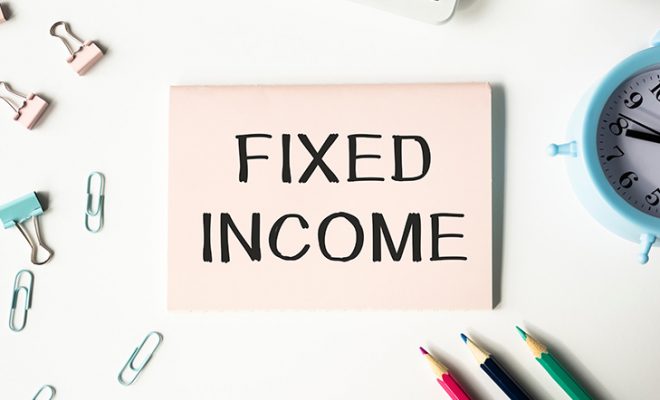Retirement Lifestyles: What Kind of Retirement Lifestyle Do You Want?

Life after retirement can be full of possibilities. While finances play a crucial role in determining your post-retirement lifestyle, the good news is that you have the freedom to design your life according to your preferences. With thoughtful planning and a realistic saving strategy, you can enjoy a retirement that aligns with your dreams and goals.
This article will explore various retirement lifestyles and offer advice on how to save effectively to achieve them. Additionally, consulting with a financial advisor can be helpful to prepare for the retirement you envision.
Below are 5 retirement lifestyles you can have in retirement and how to prepare for them:
Lifestyle #1: The Traveler
For many retirees, travel becomes even more enticing once they have the freedom to explore without the constraints of a 9-to-5 job. The traveler lifestyle includes exploring new places, experiencing different cultures, and meeting people. Retirement provides the perfect opportunity to travel by offering the time to visit numerous destinations without having to worry about work commitments. Traveling in retirement also brings numerous benefits. It can be a remedy for loneliness, a common concern among retirees who may find themselves separated from family members who have moved away. Traveling also allows retirees to make new friends and connections that help fill the social void that may have emerged after leaving the workforce. Additionally, traveling keeps the mind active and engaged and contributes to an individual’s overall well-being and physical and mental health.
However, it is important to recognize that traveling can be costly, particularly in the early years of retirement. Many retirees find themselves traveling more frequently during the initial phase of retirement as they are more active and healthier in these years. It is important to save and spend wisely to ensure you enjoy the traveler lifestyle while maintaining financial stability for your future years. This ensures you do not deplete your savings early on.
Savings tips for travelers:
- Plan in advance: One of the most effective ways to manage your spending in retirement is to plan your trips well ahead of time. Last-minute bookings often lead to higher costs. Planning your travels months in advance allows you to take advantage of discounts and better deals. It also allows you to budget more effectively and ensures that you save enough to cover your travel expenses without straining your other finances.
- Look for deals: Many travel agencies and airlines offer special deals for senior citizens, including discounted fares and packages. Additionally, you can keep an eye out for seasonal promotions, festival discounts, and off-peak travel deals. You can search online, speak to travel agents or subscribe to travel alerts on apps to get timely information about potential discounts.
- Invest in tax-advantaged accounts: Investing in accounts, such as a Roth Individual Retirement Account (IRA), can provide significant advantages in your golden years. Contributions to a Roth IRA are made with after-tax dollars, so your qualified withdrawals, including earnings, are tax-free after the age of 59.5. These non-taxable withdrawals allow you to use your funds for travel and other needs without worrying about additional tax liabilities, giving you more liquidity and flexibility.
Lifestyle #2: The Socializer
The Socializer lifestyle is all about enjoying the company of friends and family and staying actively engaged in social activities. Retirees who embrace this retirement lifestyle thrive on frequent interactions with their loved ones, hosting gatherings at home, and participating in various social events in their locality. This could involve anything from organizing parties, going out for meals, attending concerts, dance classes, retreats, or even golf outings.
While a vibrant social life can significantly enrich your retirement experience, it also tends to lead to higher spending on food, entertainment, and other similar things. This can result in a more rapid decline in your overall spending during the early years of retirement compared to other lifestyle groups. Therefore, striking a proper balance is essential to ensure that your socializing does not negatively impact your long-term financial health.
Savings tips for socializers:
- Plan your events: Planning is crucial for managing social expenses effectively. Establish a budget for each event or outing and make sure to stick to it. Having a clear budget helps you avoid overspending and keeps your finances on track.
- Schedule your engagements: To manage costs and prevent overspending, schedule your social engagements thoughtfully. For instance, limit yourself to a set number of events per month, such as four outings or gatherings spaced out once every week. This helps maintain a balanced approach and prevents frequent, impulsive spending.
- Be mindful: In social settings, it can be easy to lose track of expenses, especially when enjoying the moment. Being mindful of your spending during these activities is important.










